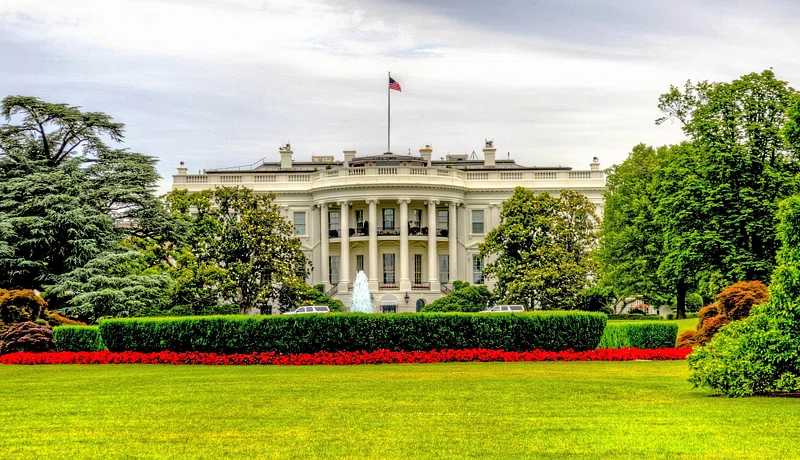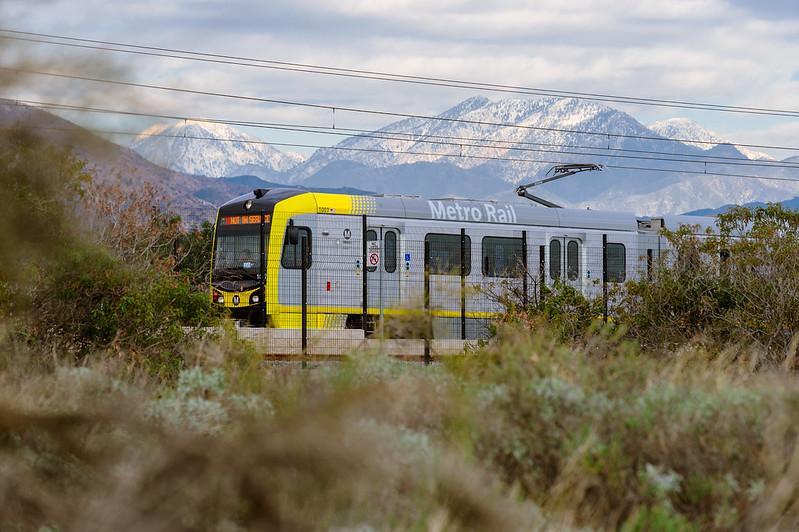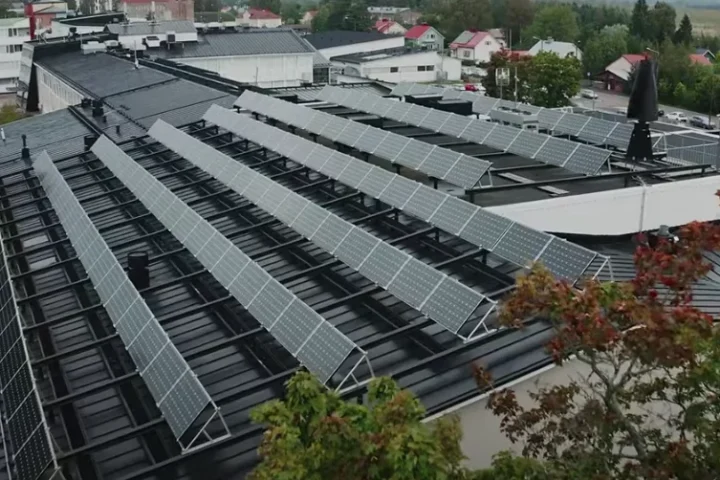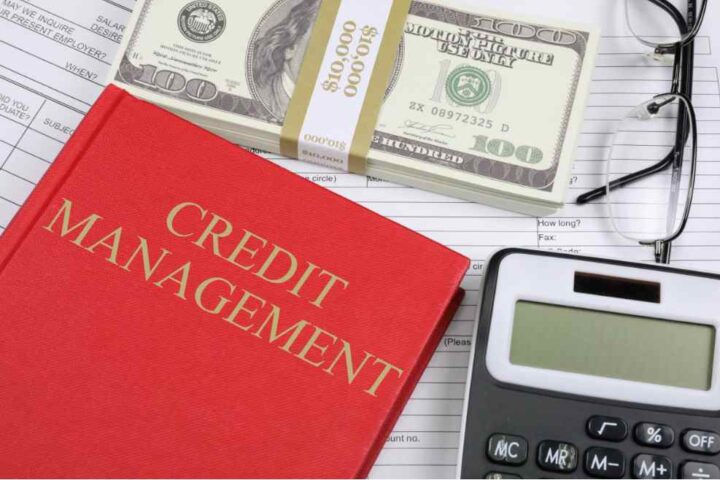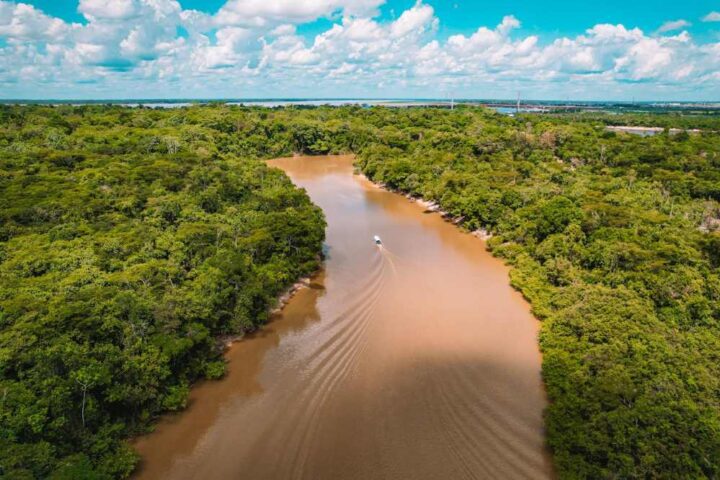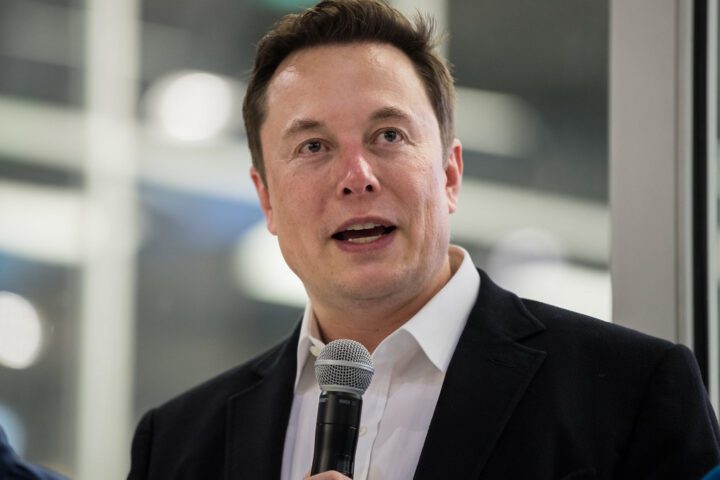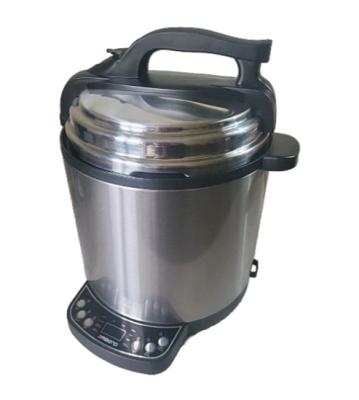President Donald Trump signed a proclamation Friday imposing a steep $100,000 annual fee for H-1B visas, dramatically changing a program that tech companies rely on to hire skilled foreign workers. The new requirement takes effect at 12:01 a.m. ET on September 21, 2025, giving visa holders abroad less than 24 hours to return to the U.S. to avoid the fee.
“We need great workers, and this pretty much ensures that’s what’s going to happen,” Trump said while signing the order at the White House.
The H-1B program allows U.S. companies to hire foreign workers with specialized skills for positions they claim cannot be filled by American workers. The visas are typically valid for three years and can be extended for up to six years.
Tech giants have quickly responded with urgent employee advisories. Microsoft, Amazon, Meta, and JPMorgan sent internal memos instructing H-1B employees currently outside the U.S. to return immediately and those inside to avoid international travel. Amazon, which received over 10,000 H-1B approvals in 2025 – the most of any company – told visa holders abroad to return before the deadline.
Microsoft and Meta, each with over 5,000 approvals, issued similar warnings. For many in India, which accounts for roughly 71% of H-1B beneficiaries, returning before the deadline is practically impossible. The fastest flights from New Delhi take more than 24 hours with stops, meaning many travelers cannot beat the cutoff.
Similar Posts
Commerce Secretary Howard Lutnick defended the policy, saying it would stop “training foreign workers” and encourage companies to hire Americans instead. “Either the person is very valuable to the company and America, or they’re going to depart, and the company is going to hire an American,” Lutnick said.
The proclamation also directs agencies to verify payment and deny entry for non-payment. It includes provisions for limited “national interest” exemptions that could exclude individuals, companies, or entire industries at the Department of Homeland Security’s discretion.
In addition to the H-1B fee, Trump announced a “gold card” visa program costing $1 million for individuals or $2 million for corporate sponsorships. Lutnick claimed the program would likely replace EB‑1 and EB‑2 green card categories.
Immigration experts have questioned the legality of the new fee. Tom Jawetz, a former senior attorney at DHS, criticized the approach, saying: “This is how the mob operates when it demands protection money. It’s not how the laws of a country are administered.”
The move represents a significant shift from current fees, which include only $215 for H-1B lottery registration and approximately $780 for petition filing. With historically 85,000 new visas provided annually through a lottery system, the policy could potentially generate billions in revenue while significantly reducing the number of foreign workers entering the U.S.
For affected employees and companies, the change creates immediate challenges. Extensions filed within the U.S. aren’t subject to the entry-linked payment, but any international travel would trigger the requirement upon return unless exempted.
